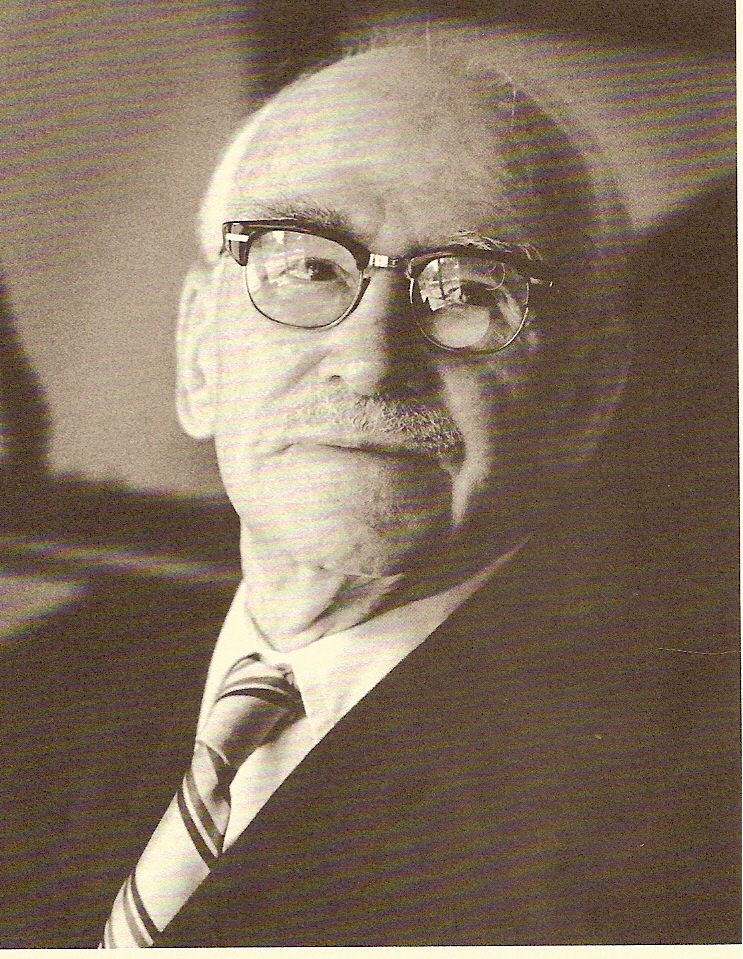
AnthonyFlood.com
Philosophy against Misosophy

Review of Mortimer J. Adler, The Conditions of Philosophy: Its Checkered Past, Its Present Disorder, and Its Future Promise. New York: Atheneum, 1965. xii+303. From The Journal of Higher Education, 36:7, October 1965, 409-410.
Brand Blanshard
The word conditions in Mr. Adler’s title has a double meaning. In one sense it refers to the present situation in philosophy. In a second sense, which is more important to the discussion, it refers to the conditions that philosophy must fulfill if it is to achieve complete scholarly respect. The norm of respectability is set by history and science.
As for the condition of philosophy in the first sense, Mr. Adler deplores it. One large school of philosophers, the analysts, has turned over to science the attempt to know the nature of things and has retreated into a “suicidal epistemologizing,” examining and re-examining its own ideas. Another large school, the existentialists, offers us “philosophies to be adopted in the religious manner, by a kind of transcendental faith,” and declines to submit its conclusions to rational test. There is little contact between the two schools, and workers in other disciplines go on their way contentedly, ignoring both.
What are the conditions that philosophy must fulfill if it is to escape this limbo of futility? Mr. Adler names five of them, which he develops with admirable clarity in successive chapters.
(I) Philosophy must give up its old ideal of demonstrable or certain knowledge and content itself, as science does, with conclusions that are corrigible in the light of fact.
(2) It must therefore accept a standard that admits of degrees of truth, or at least of confirmation.
(3) It must cease to be an activity conducted by moles, each burrowing in its own hole, and become a public and co-operative enterprise.
(4) It must have autonomy; that is, it must have questions that are distinctively its own and a method of its own for dealing with them.
(5) At least some of these questions must be first-order questions regarding the nature of things, not second-order questions about our ways of knowing.
But are there such questions that philosophy can claim as its own? Positivists, of course, have denied this, holding that all such questions belong to the factual sciences and that the business of philosophy is not to achieve new truth but simply to clarify meanings. Here Mr. Adler dissents. He rests his case on a distinction: there are “investigative” and “non-investigative” disciplines. An investigative discipline rests on data gained by special research; a non-investigative one is able to proceed on the basis of common experience alone. Now philosophy is a non-investigative discipline. Such questions as the nature of causation, or the problem of freedom, or the proper ends of human life are first-order problems of the greatest importance; but the data needed to deal with them are open to all men: they are supplied by daily experience. It is on this common foundation that philosophers have always built and must continue to build.
This is an exhilarating defense of philosophy—vigorous, timely, lucid, and in the main, I think, convincing. Its clear-cut discussion of the aims and boundaries of the major disciplines should be helpful to those who brood over college curriculums as well as to professional philosophers. The book is as orderly as a card catalogue, but since it was written for presentation in the form of lectures at the University of Chicago, it has some of the ease and flow of talk. It should have a wide reading.
Posted February 17, 2007